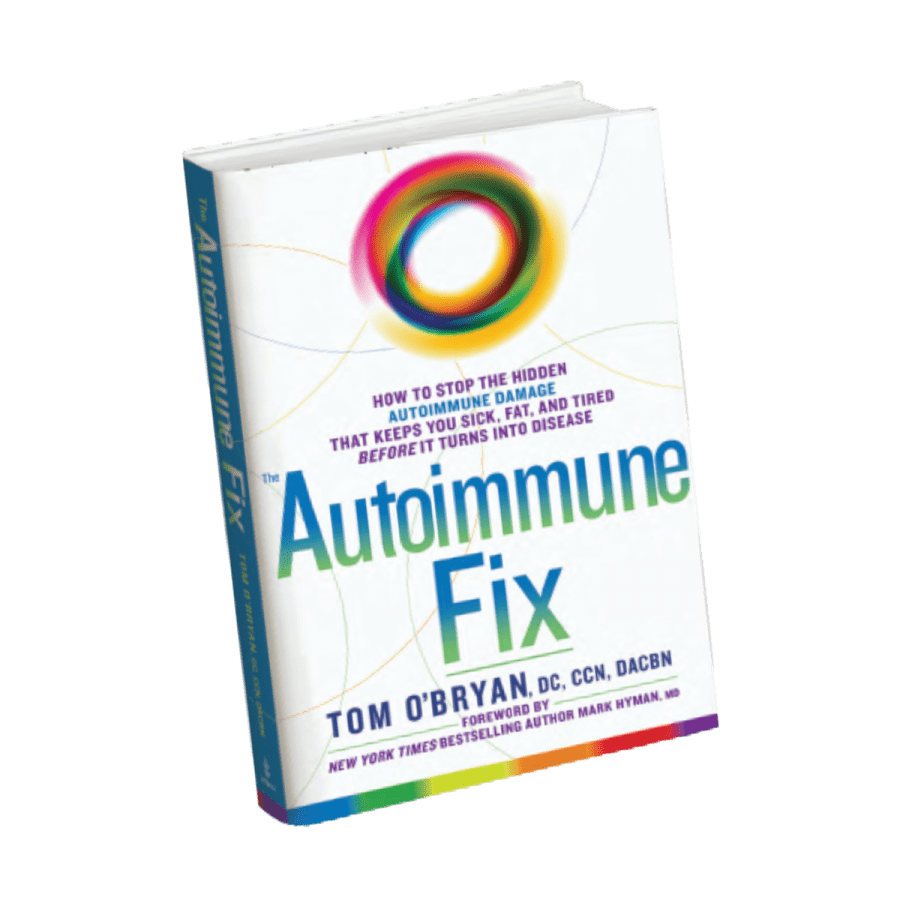The human body is more than everyone’s knowledge, and the current generation faces too many problems with their body. A few decades back, only some diseases were there because people had strong immunity power, which is mandatory for the human body. Now, numerous diseases and viruses are spread everywhere, and if you don’t want to be affected by any disease, the immunity system will help you. But your immune system also attacks your body and causes several diseases, and it is said to be an autoimmune disease. Let’s discussed every detail of autoimmune disease here:
What is mean autoimmune disease?
Your immune system comprises organs and cells that work together to keep bacteria, parasites, viruses, and cancer cells at bay. An autoimmune disease ensues when your immune system mistakenly attacks your body parts such as joints and skin rather than protecting them. It may be unbelievable to hear, but that is the fact, and still, it is unknown why your immune system behaves in this manner. Over 100 autoimmune diseases have been identified, and some of them are yet to be identified by experts. This disease can affect a broad variety of organs and tissues in everyone’s body. They can cause pain, rashes, dizziness, nausea, headaches, and other symptoms. Depending upon the disease, some specific symptoms may get varied. Healthy cells are attacked by autoantibodies which are proteins.
Common autoimmune diseases
As mentioned above, nearly 100 autoimmune diseases have been identified so far, some of which are common. Compared with men, mostly women are commonly affected by autoimmune diseases. The diseases are formed by affecting various parts of the human body, and you can also see categories of common diseases based on human body parts.
- Sjogren’s syndrome, Rheumatoid arthritis (RA), etc. – For joints and muscles
- Ulcerative colitis Crohn’s – For digestive tract.
- Addison’s disease, graves– For endocrine system
- Psoriasis, dermatomyositis – For the skin
- Type 1 diabetes, autoimmune vasculitis – For other common autoimmune diseases.
Even in the nervous system also, the disease will affect.
Risk factors of autoimmune disease
The sun horse adaptogens for immune system developed by Tom O’Bryan helps to manage the autoimmune disease, and before that, you need to know about the various risk factors of this disease. Experts are not sure about the things that cause autoimmune disease, but different theories point to an overactive immune system attacking the body in reaction to an infection or injury. Here are some risk factors for raising an autoimmune disorder:
- Some diseases are inherited, such as lupus and MS – multiple sclerosis. If you have relative with autoimmune disease then your chances of developing the disease is increased, but it does not guarantee it.
- The risk of increasing rheumatoid arthritis or psoriatic arthritis happens when you are too fatty or obesity. It could be because carrying more weight puts more strain on the joints, or it could be because fat tissue produces substances that promote inflammation.
- Connected to a number of autoimmune diseases such as hyperthyroidism, rheumatoid arthritis, lupus and multiple sclerosis (MS).
- Myopathy which is said to be a rare autoimmune disorder describes by muscle weakness.
Symptoms of the autoimmune diseases
When there is a disease or problem in your body, you must have some symptoms, which are never changing. So, there are some symptoms which is an indication of autoimmune diseases, and you have to consult a doctor when you experience any of the following symptoms
- Joint pain, muscles aches, pains, swelling and stiffness – symptoms for diseases of joints and muscles
- Constipation, food sensitivities, abdominal pain, etc. – symptoms for diseases of the digestive tract
- Dry eyes, hair loss, itching, rashes, etc. – symptoms for diseases of the skin
- Insomnia, anxiety, depression, memory issues, etc. – symptoms for diseases of the nervous system
- Fever, chest pain, fatigue, etc. – Symptoms for other autoimmune diseases.
Ways to diagnose the autoimmune diseases
It takes healthcare providers longer to diagnose an autoimmune disease than other diseases. It is because many autoimmune diseases have symptoms that are similar to one another and other diseases. Bring the listed items to your appointment to assist your healthcare provider with the diagnosis process:
- A detailed list of any symptoms you have experienced, as well as the length of time you have been experiencing them.
- Check the medical history of your entire family members. As mentioned earlier, autoimmune diseases are inherited, so checking the family’s medical condition helps diagnose.
Other than this way, some other blood tests were also taken to check the presence of autoimmune diseases, and they are
- ANA – Antinuclear antibody test
- ESR – Erythrocyte sedimentation rate.
- CBC – Complete blood count.
Don’t waste your time, and when you feel the symptoms listed earlier, try to diagnose the autoimmune disease through the ways mentioned above.
How to treat autoimmune diseases?
Unfortunately, autoimmune diseases have no cures, but symptoms can be managed, and the details about it are well explained in the book the autoimmune fix written by Tom O’Bryan. Everyone has a unique immune system, genetics, and environment. That means your treatment must be one-of-a-kind. If you want to manage or control the condition, you need to undergo various treatments like physical therapy, high dose immunosuppression, painkilling medication, etc. Sometimes people give a trail to the alternative medicines and treatments such as acupuncture, herbs etc. Only a few diseases can be treated easily, and some other autoimmune diseases would last for a lifetime, and no other options are there.
Wrapping it up:
It can be difficult to live with an autoimmune disease. Rheumatoid arthritis, lupus, and several scleroses are difficult and serious diseases. Although these diseases have no cures, many of their symptoms can be treated, and they can sometimes go into remission. Hopefully, all the details about the autoimmune disease are given above and if you have any symptoms, immediately consult the doctor.



